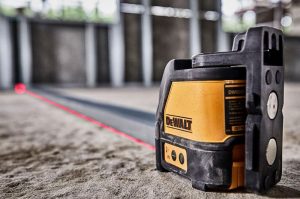Last Updated on July 2, 2024 by teamobn
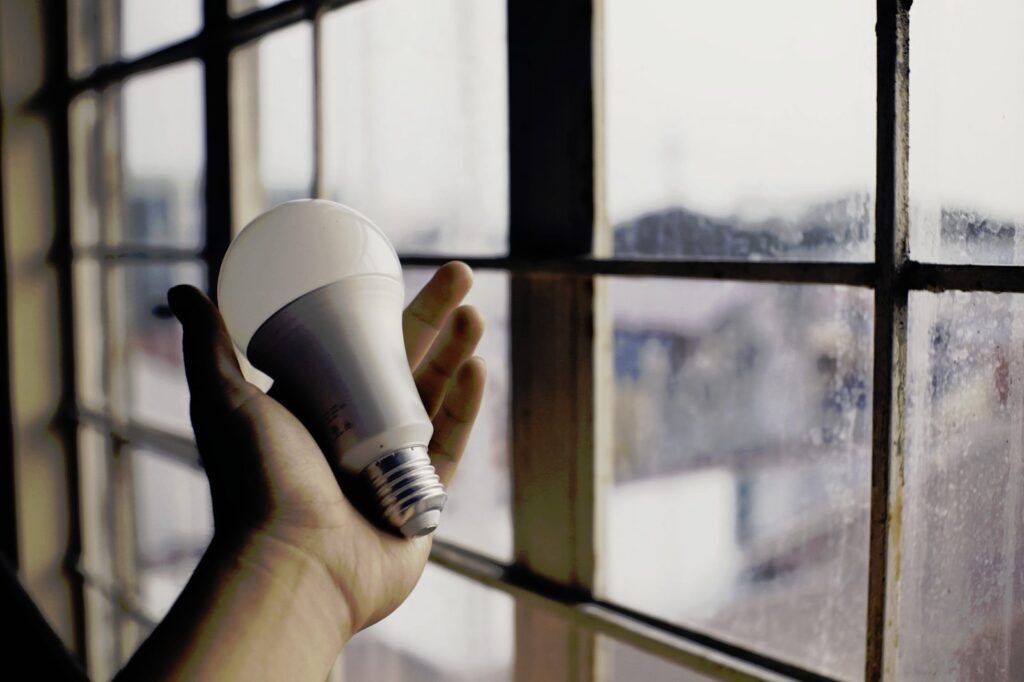
There’s no need to be intimidated by a bit of DIY, even if it’s of the electrical variety. However, since electricity is a potentially dangerous thing to be messing with, not every task is worth taking on solo.
With that in mind, let’s talk about some duties you can accommodate as an amateur, as well as a few that will need a licensed electrician to look into.
Contents
- 1 Replacing Light Bulbs: A Task for Every Homeowner
- 2 Fixing a Blown Fuse: You Can Do It!
- 3 The Simplicity of Installing New Wall Switches and Outlets
- 4 Getting Your Hands Dirty With Cord Repairs
- 5 DIY Maintenance Checks on Basic Household Appliances
- 6 ‘Respect the Panel’: Why Electrical Panel Upgrades Need a Pro
- 7 Rewiring Your House: An Expert’s Job Always
- 8 Serious Business: The Necessity of a Licensed Electrician for Large Appliance Installations
- 9 Final Thoughts
Replacing Light Bulbs: A Task for Every Homeowner
Believe it or not, changing a light bulb is the most common DIY electrical task. It’s simple and anyone can do it with minimal effort.
However, make sure your switch is off to avoid current flow before you start unscrewing that blown bulb.
Also, check the specifications of the existing bulb and replace it with a compatible model. This is important not just because of fitment, but also things like wattage and support for dimmer switches, all of which can vary.
Fixing a Blown Fuse: You Can Do It!
If you’re experiencing regular power cuts, you might have blown a fuse. Here’s how you can fix it yourself:
- First, switch off the main power.
- Identify the faulty fuse in your circuit box (it’ll usually look burnt or broken).
- Replace with a new one that has an identical rating.
- Finally, restore the main power and check if everything works fine.
Remember – safety first! If changing fuses frequently becomes necessary, call in for professional help. It may indicate a deeper electrical issue.
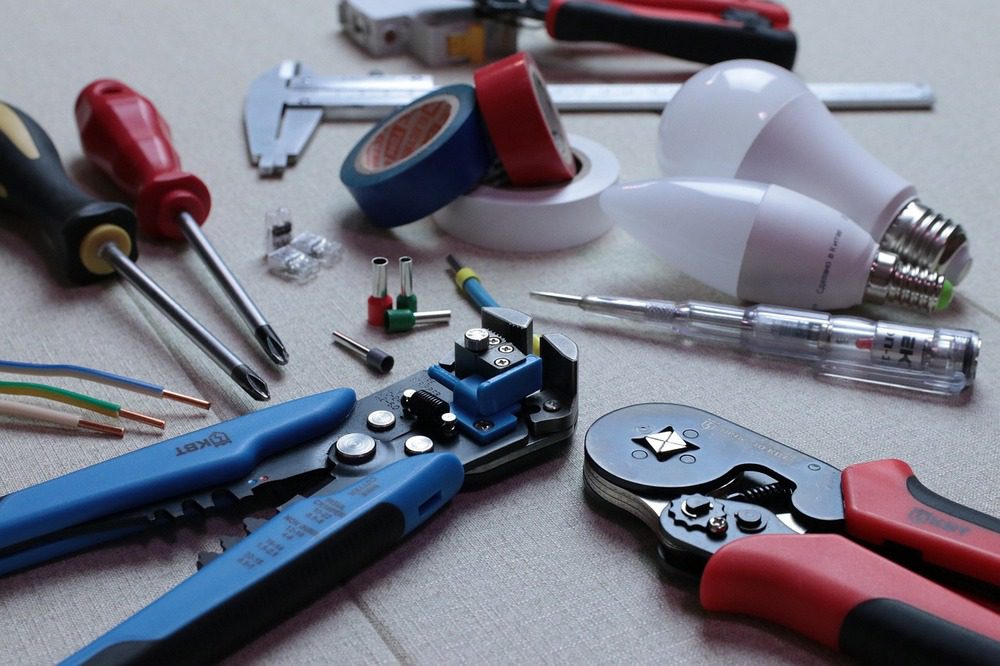
The Simplicity of Installing New Wall Switches and Outlets
When those old light switches or outlets need an upgrade, this is another job you can tackle yourself. But remember, electricity is not your friend if mishandled! So, always start by turning off the power at the circuit breaker.
Once done, unscrew and remove the existing unit carefully without forcing any wires out of place. Connect your new switch or outlet to the same wire configuration as was previously set up in its predecessor.
Then screw it back into place tight enough so that there’s no wiggle room for accidents afterward. Turn on the electricity, and you’re good to go.
Getting Your Hands Dirty With Cord Repairs
Whenever a tool or appliance cord becomes frayed or damaged, you can often fix it yourself rather than throwing it out or paying a pro to repair it. Follow these steps for a safe and successful job:
- Unplug the device before starting to avoid accidental electrocution.
- Cut out the damaged section with wire cutters.
- Strip back about an inch of insulation on each end you just created using a wire stripper, exposing clean wires.
- Twist together the matching colour wires tightly – black to black, white to white, green/bare to green/bare.
- Cover each individual connection with electrical tape.
Be conscious of the safety implications of using any appliance with a damaged power cord, even if it has been repaired. If you have no prior experience with this type of work, it is best to call in the experts.
DIY Maintenance Checks on Basic Household Appliances
Maintenance is an area where amateurs with a nose for troubleshooting can really shine. Regular checks keep your appliances in top shape, and you don’t need to be an expert!
- Inspect cords regularly for any fraying or damage.
- Listen out for unusual noises from motors or fans.
- Look for leaks, especially with dishwashers and washing machines.
- Check seals on fridge doors and ovens.
If something doesn’t seem right during these checks, it’s best to catch it early and call in professional help before the appliance breaks down completely.
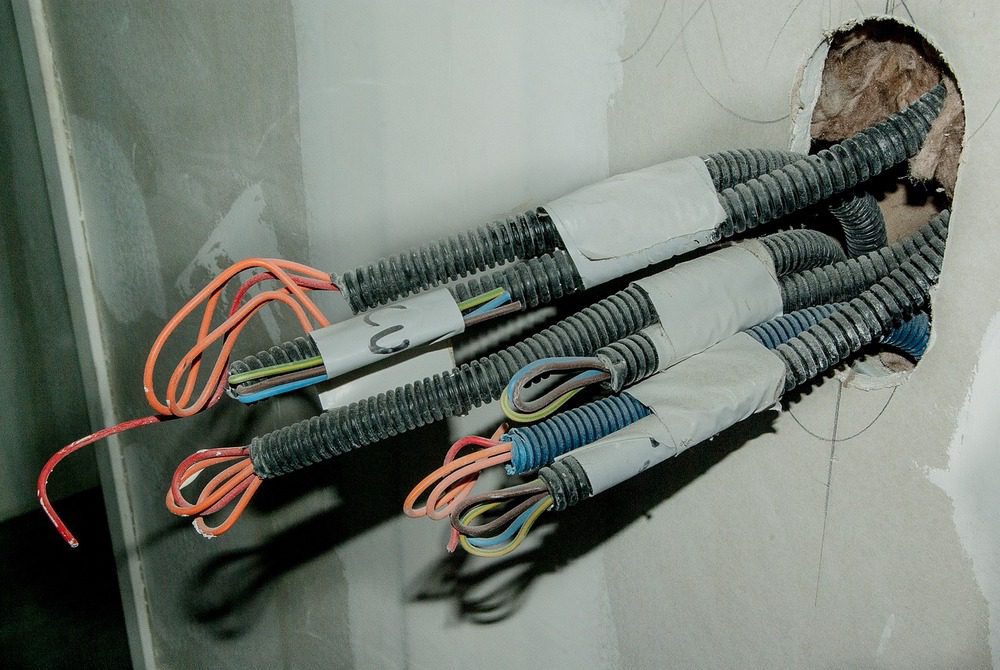
‘Respect the Panel’: Why Electrical Panel Upgrades Need a Pro
The electrical panel, also known as the breaker box, is literally the heart of your home’s electrical system. It’s where electricity from your utility company enters and then distributes to circuits throughout your house.
Tampering with it isn’t DIY territory! Incorrect interventions here could lead to fire hazards or even electrocution.
If you’re facing persistent issues like flickering lights or regularly tripping breakers, call in a licensed electrician for professional assistance with upgrades or repairs on this piece of vital kit, as it’s always better safe than sorry. And if the operator you choose is using an online review management platform, you can be confident that the quality of their customer service will be top-notch as well.
Rewiring Your House: An Expert’s Job Always
House-wide electrical rewiring isn’t a task for greenhorn DIYers. While you may think that doing it yourself could save some hefty electrician fees, the cost of your safety and a job well done is priceless.
The process involves complicated tasks such as removing old wires, feeding new ones through small and often complex spaces, or configuring circuits. Mistakes can have severe consequences like fires or accidents from faulty installations.
Therefore, for all things related to house wiring, call in professional help, so only use licensed electricians who know the ins and outs of safe electrical work.
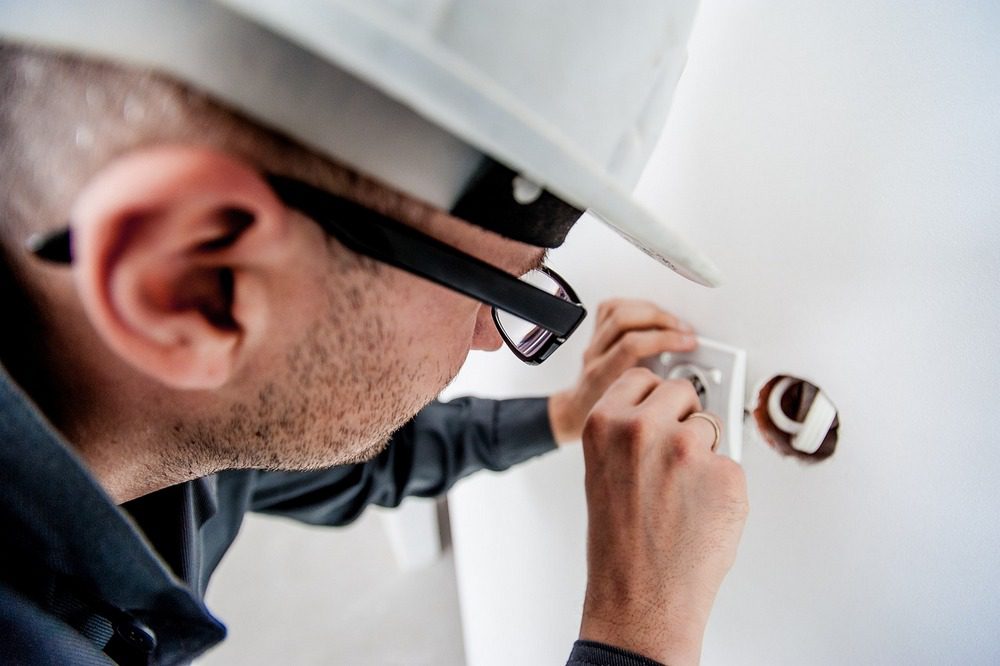
Serious Business: The Necessity of a Licensed Electrician for Large Appliance Installations
Large appliances like dishwashers, washing machines, or electric cookers require dedicated circuits and correct wires to function safely.
Technical know-how about amperage, grounding methods, and electrical codes is a must when dealing with these big boys. Incorrectly installed units could lead to imbalanced loads on your circuit breaker causing malfunctions, or even fires.
So if you’ve bought new equipment that’s more than just plug-and-play, call in the pros. Always have an expert handle all large appliance installations for top-notch reliability and safety.
Final Thoughts
There are lots of other electrical tasks that are really only suitable to those with official qualifications, training, and experience under their belt, such as any extensive lighting installation work and also jobs that involve installing electrical appliances outdoors.
So aside from the simple processes we discussed up top, most of us are better off bringing veteran electricians on board for meatier duties of this kind.

